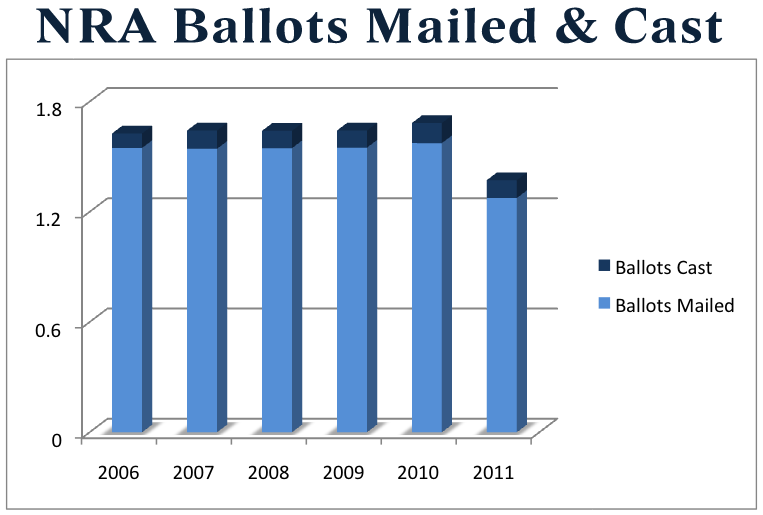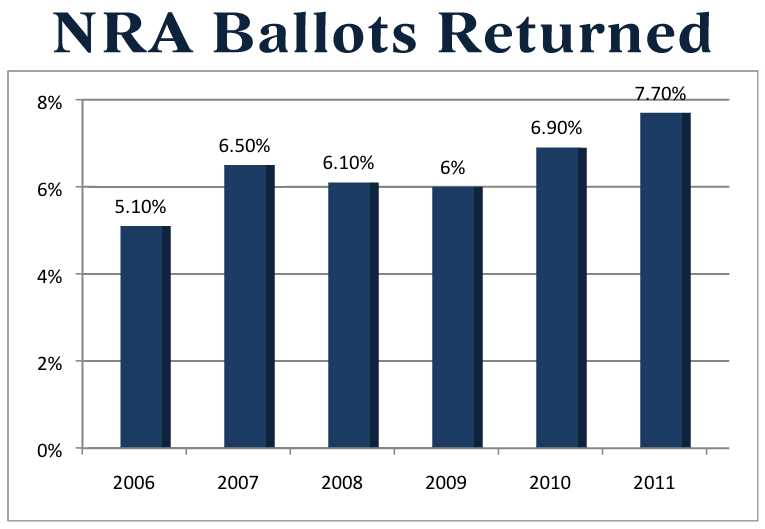Well, this is my last week of employment, and while I am no longer actually working, I’m still having a hard time not thinking about work. It is very difficult to accept that the idea I signed up with at the very beginning ten years ago may be dying. Despite the dissolution of my current employer, a few of us true believers stood a good chance of saving the idea by forming a new entity, with a leaner and more focused organizational structure. This was possible since we had people who seemed willing to give us money. Unfortunately, the party with the most money is probably walking away, which if it does not spell the end, will definitely make putting something together take longer than most of our wallets can tolerate. We are not giving up, but we do need a paycheck.
One of the great difficulties in biotech is that everything is expensive, and you basically can’t operate in this business without venture capitalists, or without cozying up to a company in the Big Pharma club. That’s difficult for a discovery based company. Venture Capitalists are hesitant to invest in companies that are discovery stage, and Big Pharma is reluctant to pay large sums of money for pre-clinical compounds, unless they are hot and difficult targets they themselves have not been able to make any headway on, and even then you’re talking a million or so up-front, typically, with most of the money coming down the road with milestones and royalties.
We figured to run a program to the point where we can partner it it would cost about a million and a half dollars. It might end up being cheaper, but that depends on a lot. A sum such as that is beyond what you can easily finance with angel money, unless you can find an angel, or several angels, with really really deep pockets. Most individuals don’t have that kind of money to drop on a gamble. And because the drug business is a gamble, you will probably need several shots on goal before you’re going to hear the ca-ching of being a winner. Really, you probably want to have enough to do 3 to 4 programs. That means tapping VCs.
Typically how this would work is you develop a compound to a certain stage in the drug life-cycle, then partner it. Obviously, the farther you take it yourself, the more it’s worth when you partner it. It’s feasible for a well financed biotech to take compounds into Phase-II clinical trials. Phase-III is typically the most expensive, since you’re blowing you trials out to large numbers of patients. But going into the clinic is very expensive. Even going into animals like rats isn’t cheap. So the question is where the sweet spot is, where you can make back your cost, have enough to fund another program, but not dump so much money going into the clinic that you assume a large amount of risk yourself. Many biotechs have taken single products into the clinic, had them fall out, and then closed their doors. But taking risk in this business pays, so there’s a balance.
The biggest problem in seeking Big Pharma partners is that the business is so turbulent right now, it’s difficult to work out deals. We had more than several cases of partners either pulling out of deals, or canceling projects in place because of internal politics in the partner, or because management at a higher level in the Big Pharma partner decided to can the work on the project. Internally to Big Pharma, that happens all the time, but if you only have a few partners, and one walks away, it can be devastating to a biotech.
The Venture Capital landscape isn’t much better. VCs seem to prefer investments in companies that have compounds in the clinic. There is money out there for discovery stage compounds, but the bar is set very high for those companies. You won’t raise any money talking about how wonderful your idea is, or how great your people are. They probably won’t understand your idea, and if you don’t have the pedigree to back up how great you are, and by pedigree I mean either you’ve won the nobel prize, have already made million in biotech, or are known in the industry for having produced a blockbuster drug, they basically don’t want to talk to you.
I’ve spent the vast majority of my career in this business, and I’ve been questioning it. The fundamental problem with biotech and pharma is that the barriers to entry are so damned high. Even if you decide to depend on a Big Pharma partner for the most expensive part — clinical trials — experimental science is still awfully expensive. In other technological fields, like software and computers, the barriers are so low it’s not all that out of the question that if you grow lethargic, arrogant, and wasteful, some punk-ass kid right out of college is going to come along an own you. I like that kind of competitive environment, because in businesses like that, people tend to stay sharp, focused, open to new ideas, and open to change. That is not the drug business.
The good reason to stay in pharma/biotech is that if you do it right, there are fortunes to be made. If you produced a drug that people will take every day for the rest of their lives, in areas like cholesterol, blood pressure, or inflammation, you basically have a license to print cash by boxcar load for as long as the patent lasts. Typically in biotech, there’s a provision for a royalty to be paid if the compound is approved by the FDA and makes it to market. This is typically a few percent. But think about this: Lipitor did close to 13 billion dollars in global sales last year. Even one percent of that is nothing to laugh at. But even though the sums of money are huge, you’re going to end up sharing more of it with VCs than you would in many other industries, because of the costs involved.



